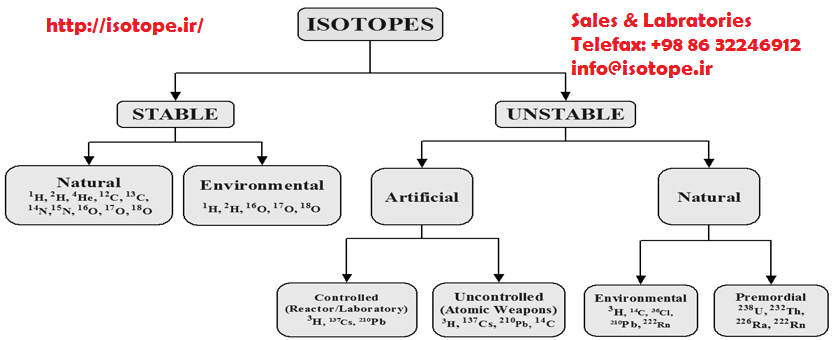 Phenylketonuria (PKU) is an autosomal
recessive metabolic genetic disorder characterized by a mutation in the gene
for the hepatic enzyme phenylalanine hydroxylase (PAH), rendering it
nonfunctional. This enzyme is necessary to metabolize the amino acid
phenylalanine to the amino acid tyrosine. When PAH activity is reduced,
phenylalanine accumulates in blood and can lead to serious medical problems. Therefore,
newborn babies are screened for PKU or other metabolic diseases soon after
birth. Screening for PKU is done with various techniques. actual concentration
of phenyl alanine/tyrosine ratio
is determined using tandem mass spectrometry (MS-MS). The use of stable
isotope labeled standards is a key component of the MS-MS analysis of extracted
metabolite from blood samples.
Phenylketonuria (PKU) is an autosomal
recessive metabolic genetic disorder characterized by a mutation in the gene
for the hepatic enzyme phenylalanine hydroxylase (PAH), rendering it
nonfunctional. This enzyme is necessary to metabolize the amino acid
phenylalanine to the amino acid tyrosine. When PAH activity is reduced,
phenylalanine accumulates in blood and can lead to serious medical problems. Therefore,
newborn babies are screened for PKU or other metabolic diseases soon after
birth. Screening for PKU is done with various techniques. actual concentration
of phenyl alanine/tyrosine ratio
is determined using tandem mass spectrometry (MS-MS). The use of stable
isotope labeled standards is a key component of the MS-MS analysis of extracted
metabolite from blood samples.
In addition, the in vivo assay of phenylalanine hydroxylase was carried out by injection a solution of L-phenylalanine-D6 and in various times after injection, the blood samples were collected and analysed using tandem mass spectrometry (MS-MS). Phenyl alanine hydroxylase activity determined by measuring the labeled phenylalanine to labeled tyrosine ratio.
1. R. Matalon, D. E. Matthews, K. Michals, D. Bier, The use of deuterated phenylalanine for their vivo assay of phenylalanine hydroxylase activity in children, Journal of Inherited Metabolic Diseases, 1982, Vol. 5, 17-19.
2. N. Koklolish, I. Ziegler, on the level of phenylalanine, tyrosine and tetrahydrobioprotein in the blood of tumor-bearing organisms, cancer bichem. Biophys., 1977, Vol. 2, 79-85.
3. D. E. Matthews, an overview of phenylalanine and tyrosine kinetics in humans, J. Nutr., Vol. 137, 2007, 1575s-1594s.

 خرید بک لینک
خرید بک لینک